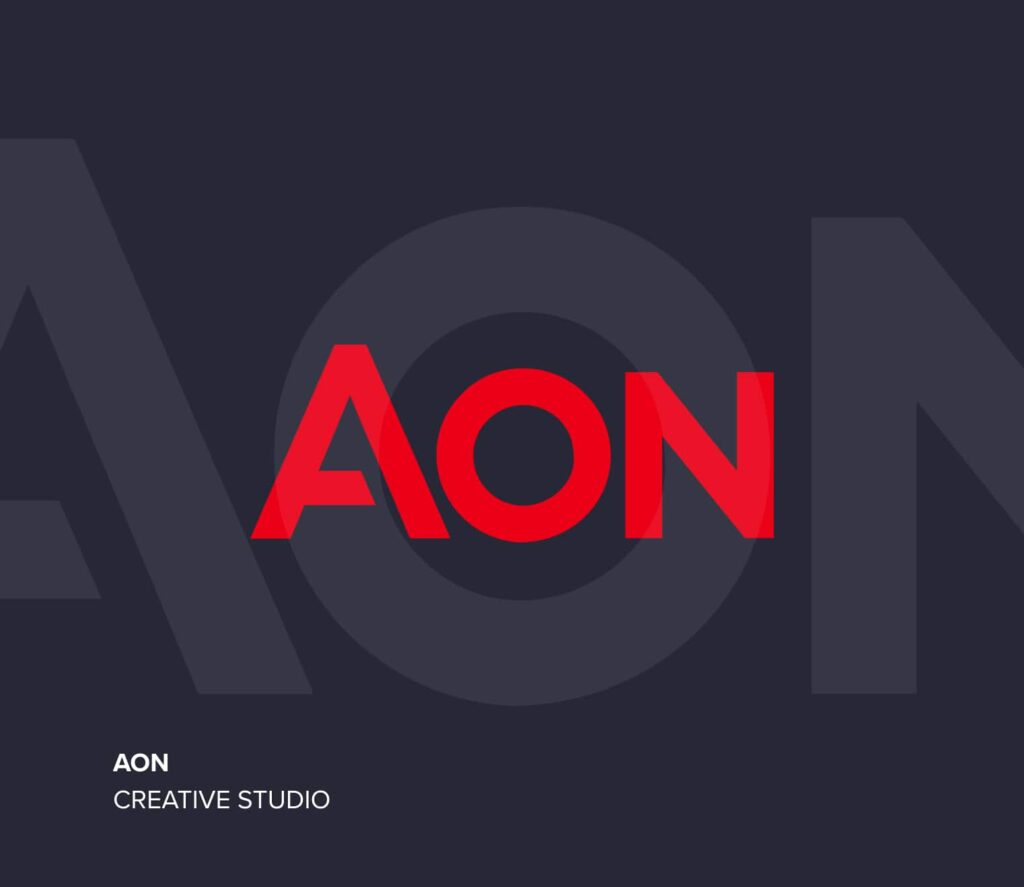Being media savvy and a “good” spokesperson is not as easy as one would think.
While many might expect spokespeople to be automatically excellent at media simply because they have already made it this far in their careers, media interviews and dealing with journalists can be nerve-wracking experiences without the right preparation. It is not uncommon to see a CIO with decades of experience in their field suddenly become tense and awkward when put in front of a camera or journalist.
Learning how to deliver a great media interview that ultimately results in positive coverage requires practice, refinement, and hard graft. It is a long journey of which the most fundamental part is, surprisingly, not about acquiring the right skills – which will come in time with practice – but understanding what a media interview is at its core: a performance.
A popular example that we like to use with our spokespeople is helping them distinguish between a dinner party conversation and a media interview, as both settings require them to bring very different versions of themselves to the room.
Spokespeople are interesting people in their personal lives who usually have a wide range of interests and ideas that they talk about at dinner parties (rather than repeating themselves three to four times and bridging to ‘key messages’ at all times – ”These are excellent potatoes, and that is why at XX we believe in the seamless integration of front-to-back office operations.”)
Media interviews, however, belong in the realm of rhetoric. The interviewee is attempting to convince the interviewer what they are doing is important, and are often required to repeat themselves three, four or even five times. Repetition can feel awkward and unnatural, but anything memorable at all is always underpinned by repetition. Consider these lines which are so familiar to us that we immediately know from whom they came, and notice the repetition even at the sentence level:
- “I have a dream that one day […] I have a dream today.”
- “There is not a liberal America and a conservative America – there is the United States of America.”
- “Ask not what your country can do for you – ask what you can do for your country.”
- “We shall fight on the landing grounds, we shall fight in the fields and in the streets, we shall fight in the hills; we shall never surrender.”
When spokespeople understand that it is okay for a media interview to feel unnatural because it is meant to be, learning the techniques of how to be persuasive will become much easier.
To hear more about our media training programme, please get in touch.


